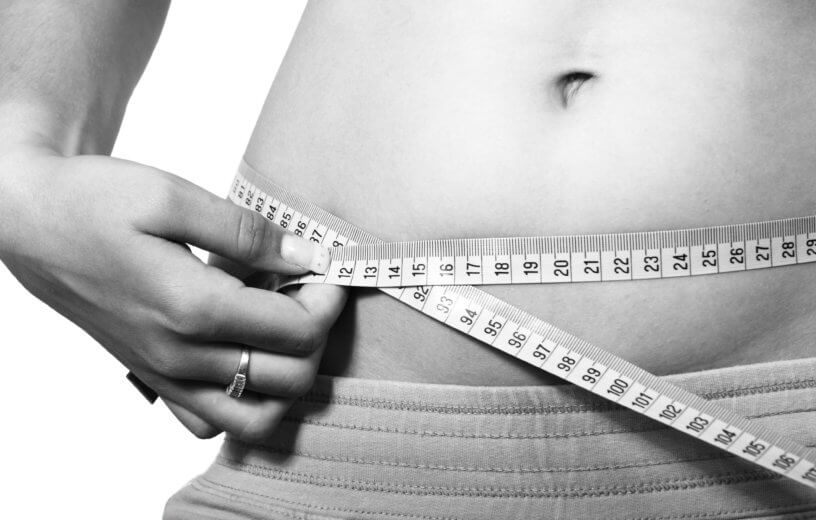CHAPEL HILL, N. C. — Obesity has been shown to increase breast cancer risk in women who have experienced menopause, but, a surprising recent study finds that when it comes to premenopausal women, having more body fat actually lowers one’s risk.
Because of the lower percentage of younger women than older who have breast cancer, researchers with the University of North Carolina’s Lineberger Comprehensive Cancer Center collected data from 19 other studies to analyze the breast cancer risk of a group of 758,592 women under 55. The authors found a clear connection between a younger woman’s body mass index (BMI) and her likelihood of developing breast cancer.
“We saw a trend where, as BMI went up, cancer risk went down,” says lead author Dr. Hazel B. Nichols, a researcher and assistant professor at the UNC Gillings School of Global Public Health, in a media release. “There was no threshold at which having a higher BMI was linked to lower cancer risk.”
Nichols and her team found the trend seemed to hinge particularly on age. The younger the woman, the more BMI played a role in her breast cancer risk. Specifically, women between ages 18 and 24 showed a 23 percent lower risk for each five-unit increase in BMI. From ages 25 to 34, that ratio dropped to 15 percent per five-unit increase. Similarly, between ages 35 and 44, there was a 13 percent lower risk for BMI, and a 12 percent lower risk from ages 45 to 54 under the same conditions.
But Nichols is quick to warn that women shouldn’t immediately cut back on healthy eating habits.
“This study is not a reason to try to gain weight to prevent breast cancer. Heavier women have a lower overall risk of breast cancer before menopause, but there are a lot of other benefits to managing a healthy weight that should be considered,” says Nichols. “What it does do is help us to try to understand what contributes to breast cancer risk in younger women.”
Breast cancer is far more common in older women. The median diagnosis age in the United States for breast cancer is 62 years old. Nonetheless, it’s still the leading type of cancer among reproductive-age women. Obesity has long been cited as a risk factor in women who have experienced menopause, which occurs on average in the US at age 51.
As for what could be the reason behind the connection in the study, the authors say growth factors and breast density may play a role, but estrogen produced by fatty tissue could be the key because the ovaries are the primary source of estrogen before menopause.
“The amount of estrogen produced by your ovaries is driven by feedback loops in your body,” says Nichols. “The small amount of estrogen produced by fat tissue before menopause may help tell the ovaries that they can produce less estrogen and also regulate other hormones or growth factors.”
She continues: “After menopause, the ovaries are no longer the primary source of estrogen. Instead, most estrogens come from adipose, or fat, tissue. Women who have more adipose tissue after menopause usually have higher levels of estrogen which can contribute to higher breast cancer risk. In young women, estrogen is one factor that contributes, but it’s not the whole story.”
The researchers plan on continuing to delve into the link further and see how other factors, such as pregnancy and other weight changes during early to mid-adulthood.
The full study was published online June 21, 2018 in the journal JAMA Oncology.
